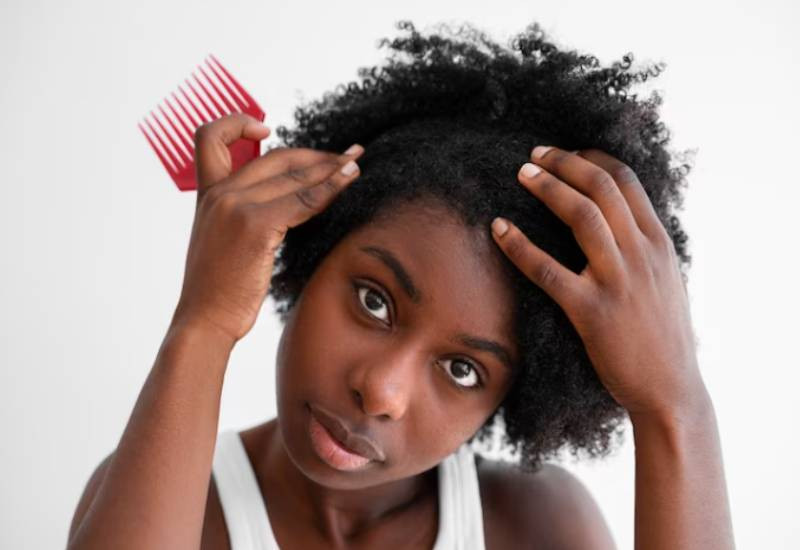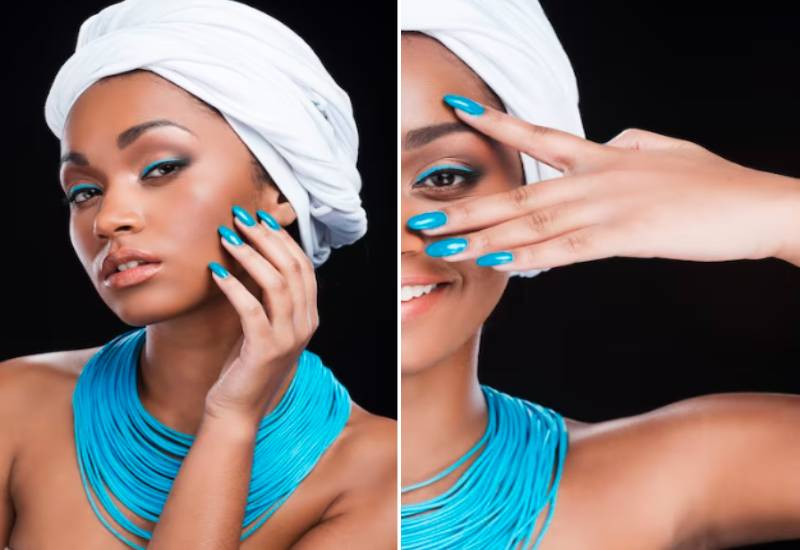
Skincare isn't an exact science. With every beauty company claiming that you simply must have their new product line and friends sharing their less than expert beauty secrets, it can be hard to separate fact from fiction and tell what's best for your skin. Not to worry; we have debunked seven of the most common skincare myths for you.
Natural is best Natural products have been the in-thing for quite a while now. Many of us are willing to shell a few more shilling for all-natural products, which claim to be superior to their 'chemical-laden' alternatives. But do 'natural' and 'organic' labels on your beauty products mean they are better for your skin? Maybe not. Dermatologists say that it isn't guaranteed that your natural products will be any gentler or more beneficial to your skin. If you are going natural to avoid harmful products often found in beauty products, you might be surprised to learn that some products labelled "natural" still contain them. All-natural products can also cause allergic reactions. Instead learn which specific ingredients to avoid in beauty products such as parabens, petrochemicals, mercury, lead, dioxane, and phthalates –and keep away from them.
The pricier the better That expensive serum from a well-known international brand is superior to a cheaper less fancy one from a little-known brand, right? Wrong! The price of a product isn't necessarily indicative of its effectiveness. Instead of looking at prices, look at the ingredients in a product. Most active ingredients in products stay the same, regardless of if they are from fancy brands or less expensive ones. When you buy from an expensive, you are buying more than the product. The price also takes into account the designer packaging, the marketing campaigns etc. If you want to be saddled with all that cost, that's up to you. If you love a particular product but can't afford it, always look for a cheaper option...which might be just as effective.
Moisturiser isn't for oily skin Many people are under the impression that oily skin doesn't require moisturising. On the contrary, every skin type needs a moisturiser. It might be argued that oily skin needs a moisturiser even more than other skin types. Whenever you cleanse your skin you strip off of its natural moisture, which might trigger excessive oil production in oily skins. That can lead to additional breakouts and scarring. To avoid the dreaded shine, go for light water based, oil-free moisturisers. It's generally advisable to keep away from heavy creams and lotions. You can also go for serums as they tend to be deeply moisturising without being greasy. Additionally, serums come with anti-aging and clarifying elements.
More is better Do you believe that you need to buy and use more products for your skin to achieve the coveted radiant glow? You'll either be disappointed or elated to learn that dermatologists recommend keeping your beauty care routine quite simple. Using 15 products doesn't make your beauty routine superior, just more complicated. Additional products can also irritate your skin. The best skincare regimen is one which is customised to your skin's needs and offers noticeable results. Don't be conned into adding unnecessary products to your regimen...they'll only cost you more money. As long as you get the basics right and add a few choice products, your skin will flourish.
Sunscreen isn't for black skin The belief that black people don't need sunscreen is not only untrue, but potentially dangerous. Yes, the darker your skin, the more melanin it has- which means it has extra protection from the sun. However, dark-skinned people are still at risk of damage from excessive sun exposure. Although skin cancer is more prevalent in Caucasian skin, it is far deadlier in people with darker skin tones. This is largely because in black people, skin cancer is mostly diagnosed in the later stages, making it harder to treat. Researchers say that black people are more likely to ignore irregular spots on their skin, and skip sunscreen because they don't think they're at risk of skin cancer. Regardless of skin colour, everyone should take measures to prevent skin cancer...and also slow down the aging process.
 The Standard Group Plc is a multi-media organization with investments in media platforms spanning newspaper print
operations, television, radio broadcasting, digital and online services. The Standard Group is recognized as a
leading multi-media house in Kenya with a key influence in matters of national and international interest.
The Standard Group Plc is a multi-media organization with investments in media platforms spanning newspaper print
operations, television, radio broadcasting, digital and online services. The Standard Group is recognized as a
leading multi-media house in Kenya with a key influence in matters of national and international interest.



